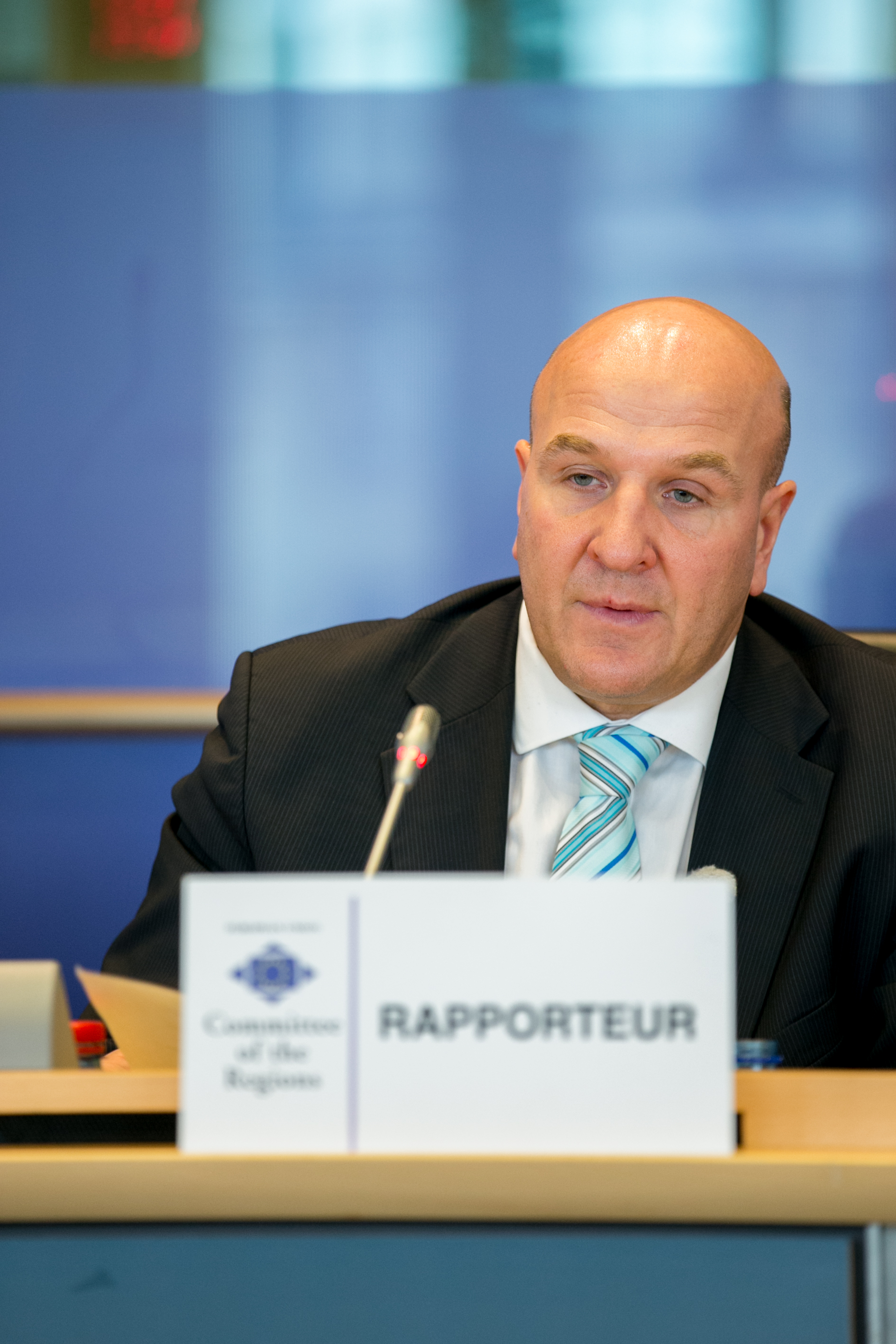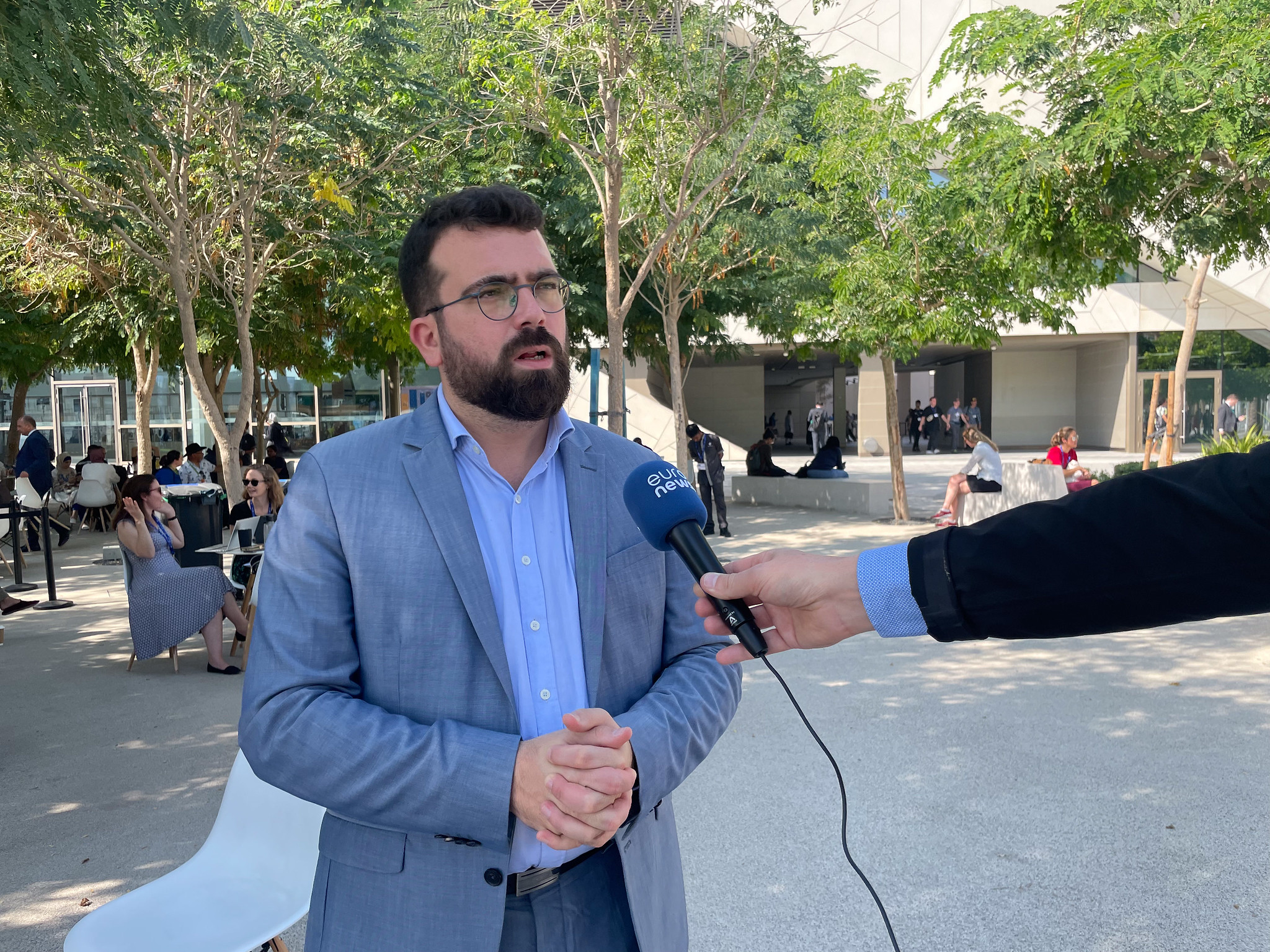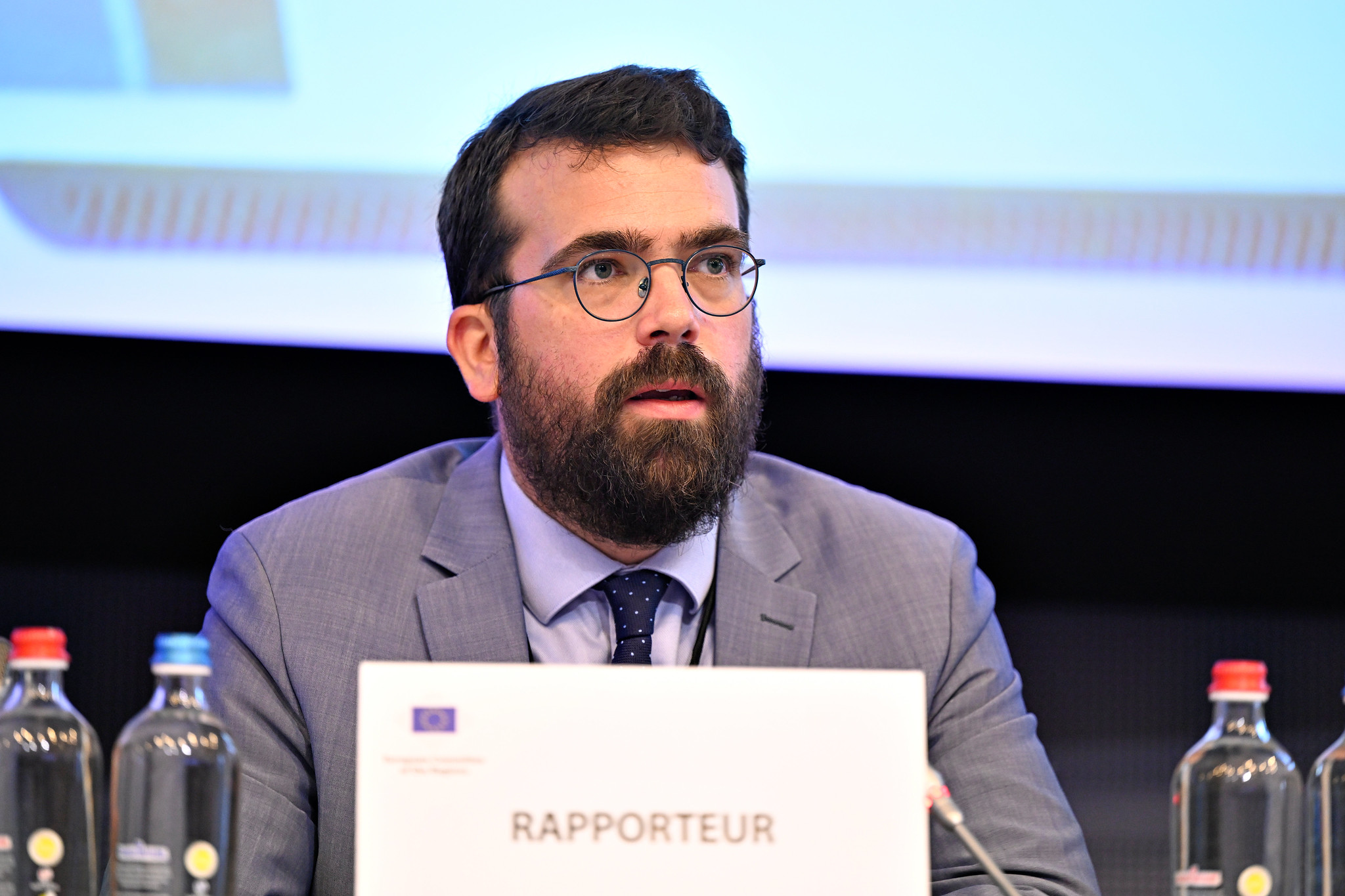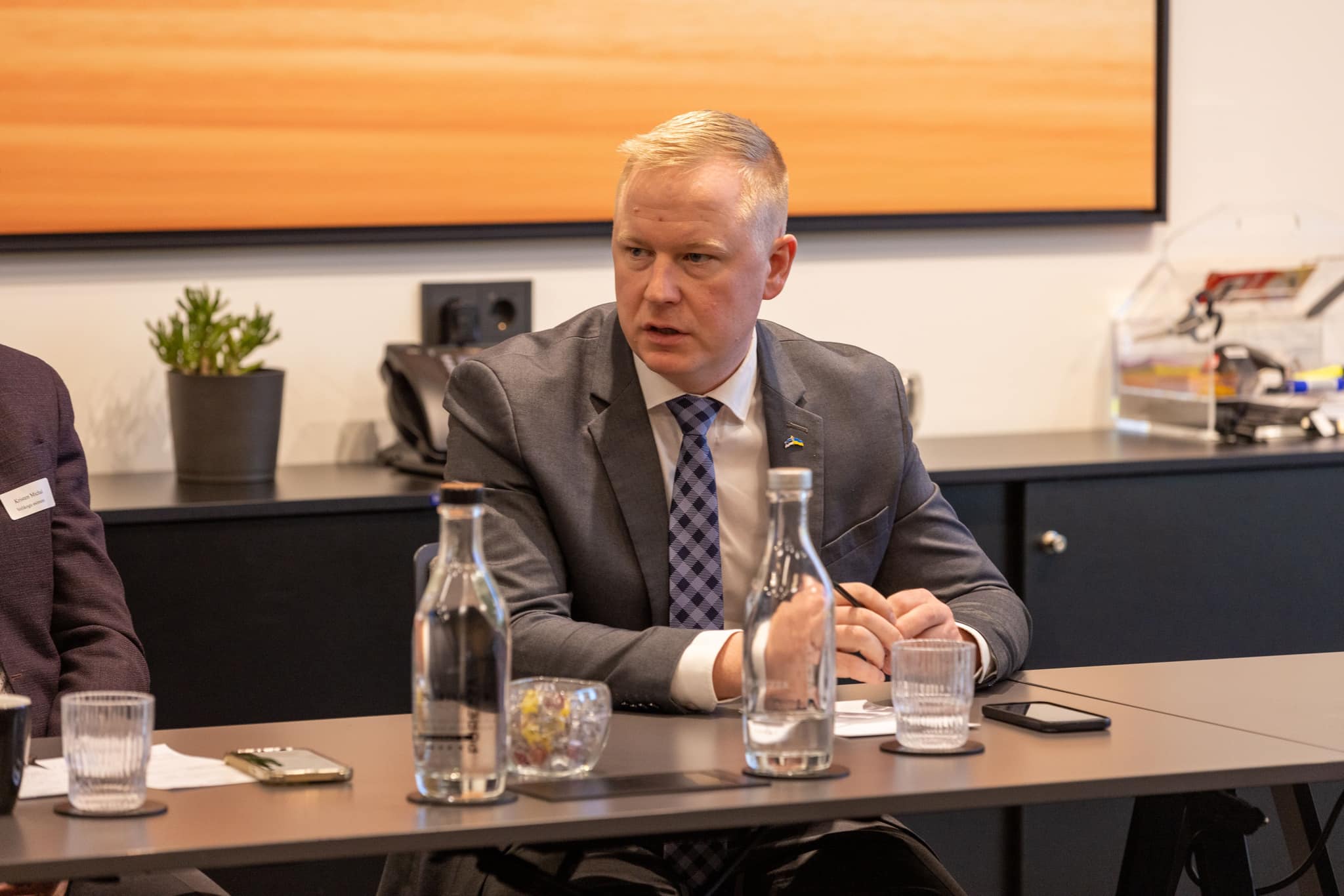Space isn’t irrelevant for regions nor is it too far away: space matters, whether through satellite navigation or Earth observation programmes.
Space technologies, data and services have become an indispensable part of our daily lives. The benefits of this for European society have proven themselves in numerous ways: in communication, surveillance systems, rapid response to natural disasters, support for agriculture, fisheries, transport, border and security controls, and many more. It reinforces Europe’s role as a strong global player and is an asset for its security and defence. Space policy can also help boost jobs, growth and investment in Europe while pushes the boundaries of science and research.
“The EU space policy and strategy does however need to better convince society of all the potential benefits of space. For starters, the users’ need should be a core principle in a space policy – bringing the benefits of space closer to the actual user – which has to play a more prominent role in other EU regional policies, such as the EU urban agenda, smart city solutions, climate policy,…”.
And while many regions have joined the Network of European Regions Using Space Technologies (NEREUS), pointing to the growing importance of space for regional economies, these actions need to be highlighted more and foster integrative partnerships between civil society, business, public institutions and science.
The new strategy also relies on strong support and interest from younger generations. “Education and public awareness raising in connection with better trained specialists, more engineers and scientists should empower the European public to play a central role in developing the complex systems of tomorrow, both on earth as well as in the skies with satellites, through programmes such as Galilei and Copernicus”.
For this last programme, the European Committee of the Regions could provide more effective support in terms of implementation and execution of it, if it were a full permanent member of the programme’s user forum, and could send an official representative to that forum to take into account the importance of local actors in terms of the use of Copernicus data.
Specific meetings on space issues will now start in the CoR’s commission for the Environment, Climate Change and Energy to make the most of the opportunities offered to regions and cities by this European space policy. The CoR can be a pivotal partner in connecting the European Commission, member states, the ESA, academics, users and others in relevant partnerships supporting many EU policies and priorities and will thus continue to support the vision put forward by the European Commission. Download the draft report
Space matters! @andresjaadla: a good #EUSpaceStrategy can create jobs, boost growth, and be of strategic importance https://t.co/9eCSI13D9I pic.twitter.com/apz5HID8NT
— ALDE-CoR (@ALDE_CoR) February 1, 2017





